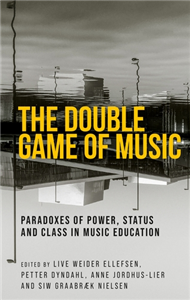Paediatric Pharmacy
Handbook for further training from the PädiaAkademie
by Dr. MHA Constanze Schäfer, Dr. Christian Ude, Dr. Miriam Ude (eds.)
The treatment of small and growing patients requires a broad knowledge - and the advising of these patients and their parents calls for great skill! The interdisciplinary team of pharmacist and physician authors addresses the central themes of paediatrics: - What is important for a high degree of safety in pharmacotherapy? - Which prophylactic measures maintain health? - Administration and adherence: what are the special features? - Comprehensive information for advising on the most important indications from the point of view of pharmacists and paediatricians. The handbook has become an established reference work in pharmacies. The second, updated edition provides the fundamental knowledge for certified further training “Specialist Adviser Paediatrics” and for skilful advice at the pharmacy in a tried and tested way.




























